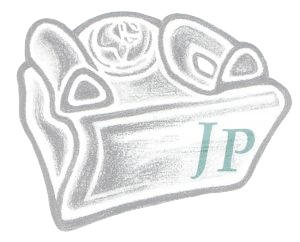During his recent tour of the Holy Land, Pope Francis shared his views on the language of Jesus with Israeli Prime Minister, Benjamin Netanyahu. In a friendly exchange, which can be viewed below, the Prime Minister contended that Jesus spoke Hebrew, while the pontiff maintained that Jesus was an Aramaic speaker.
Who was correct, the Pope or the Prime Minister? In separate articles, Jerusalem School scholars Randall Buth and R. Steven Notley, weigh in on the debate:
Randall Buth writes:
It is no longer questioned nor considered a viable option that only Aramaic was a colloquial language in the land in the first century. Hebrew was also a colloquial language and a candidate for any teaching with Jewish audiences throughout the land, and may be the primary candidate for such teaching. (“Why Jesus really was a Hebrew speaker” Haaretz [June 2, 2014])
Likewise, R. Steven Notley writes:
By the first century C.E. Aramaic served as the lingua franca of the Near East, and there is little question that Jesus knew and spoke Aramaic. Hebrew, on the other hand, was in more limited use as the language of discourse among the Jewish people.
The New Testament presents Jesus knowledgeable of both written and spoken Hebrew. (“Your Holiness, Bibi was right–Jesus spoke Hebrew!” [The Times of Israel, May 28, 2014])

Israeli Prime Minister, Benjamin Netanyahu (left), and Pope Francis (right) met in May, 2014. Photo courtesy of Ministry of Foreign Affairs of Israel.
Follow the links in the quotations above to read the full articles.
In a sense the Pope and the Prime Minister were both right: Jesus would probably have spoken both Hebrew and Aramaic. What they got wrong was supposing that Jesus spoke one language to the exclusion of the other. Both languages were current in the Land of Israel in the first century, although a Hebrew background seems most likely for Jesus’ teachings.
Buth and Notley recently contributed to a collection of essays entitled The Language Environment of First Century Judaea (Brill, 2014).































































































Comments 3
Who is the man in the middle of the photo?
The man in the middle of the photo is a translator. Unfortunately, I don’t know his name. Maybe someone else can fill us in?
Thanks. Sorry, from the article title I initially thought it was someone from JP but as I read on I became unsure!